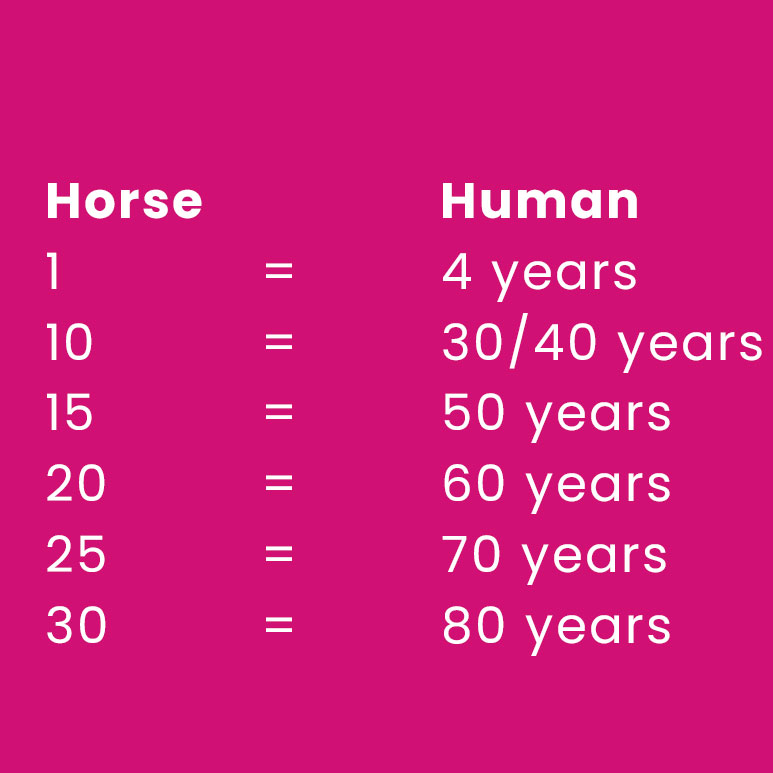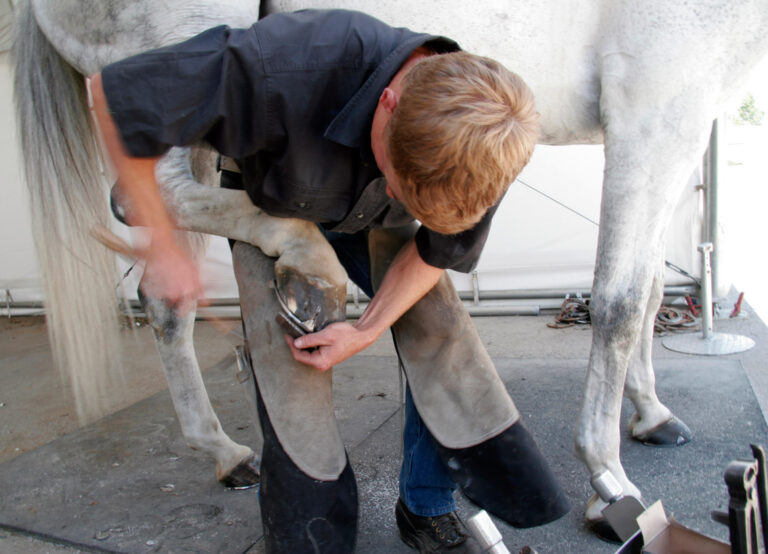Recognizing Normal Aging vs Disease Symptoms in Your Horse

Understanding the difference between normal aging signs and symptoms of disease in horses is crucial for maintaining their health and well-being. As horses age, they naturally undergo changes, but distinguishing these from illness can help owners provide timely care and improve quality of life.
Introduction
Horses, like all animals, experience physiological changes as they grow older. Some changes are expected and harmless, while others may indicate underlying health problems. This article explores how to recognize normal aging signs and differentiate them from disease symptoms.
Normal Aging Signs in Horses
| Sign | Description | Typical Age Range |
|---|---|---|
| Graying Coat | Gradual lightening of hair color, especially around the muzzle and eyes | 15+ years |
| Decreased Muscle Mass | Mild muscle loss due to reduced activity | 15+ years |
| Stiffness | Slight stiffness after rest, especially in cold weather | 15+ years |
| Dental Wear | Natural wearing down of teeth affecting chewing | 10+ years |
Additional Normal Changes
- Reduced Metabolic Rate: Older horses may require fewer calories.
- Slower Recovery: Healing from minor injuries may take longer.
- Behavioral Changes: Some horses become calmer or less energetic.
Disease Symptoms to Watch For
| Symptom | Possible Cause | Urgency Level |
|---|---|---|
| Sudden Weight Loss | Parasites, dental disease, metabolic disorders | High |
| Persistent Lameness | Arthritis, injury, hoof abscess | High |
| Changes in Appetite | Digestive issues, dental pain | Medium |
| Excessive Drinking | Kidney disease, diabetes | Medium |
Warning Signs
- Chronic Coughing or Nasal Discharge: May indicate respiratory infections.
- Swelling or Heat in Joints: Could signal inflammation or infection.
- Behavioral Changes: Aggression or depression may be signs of pain or neurological issues.
How to Monitor Your Horse’s Health
- Regular veterinary check-ups, especially as your horse ages.
- Routine dental exams and hoof care.
- Keeping a health journal to track changes in behavior, appetite, and physical condition.
FAQs
Q1: How can I tell if my horse’s stiffness is normal aging or arthritis?
A: Normal stiffness usually improves with movement, while arthritis-related stiffness may worsen and be accompanied by swelling or heat.
Q2: When should I call a vet for weight loss?
A: If your horse loses weight rapidly or shows other symptoms like lethargy or poor coat condition, consult a vet promptly.
Q3: Can older horses still perform well?
A: Yes, with proper care and management, many older horses remain active and healthy.
Conclusion
Recognizing the difference between normal aging and disease symptoms in your horse is essential for timely intervention and maintaining their quality of life. Regular monitoring and veterinary care are key to supporting your horse’s health as they age.
